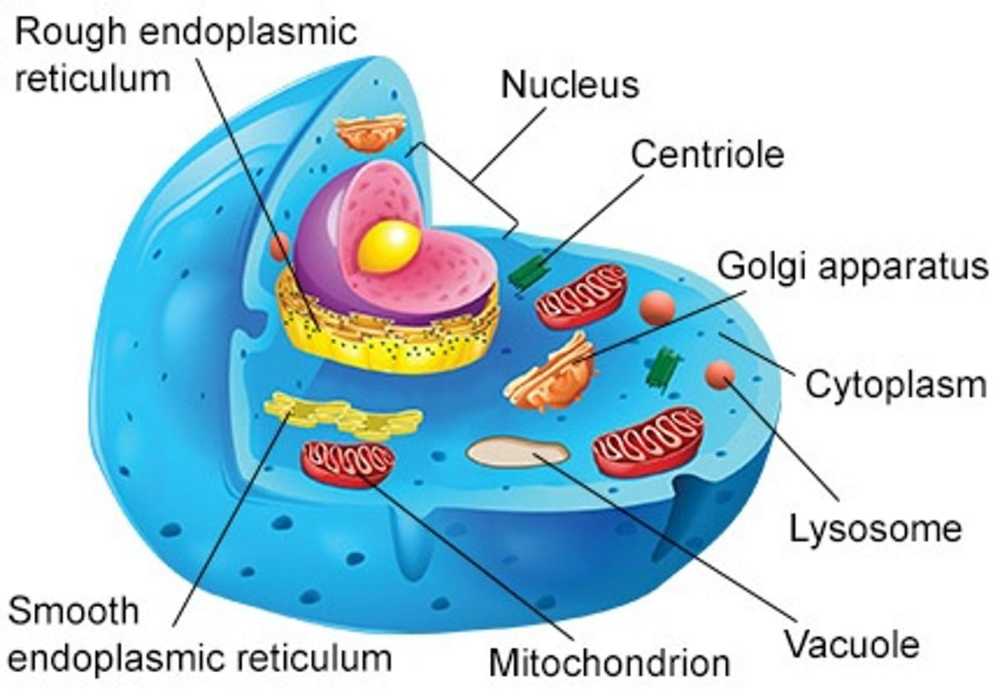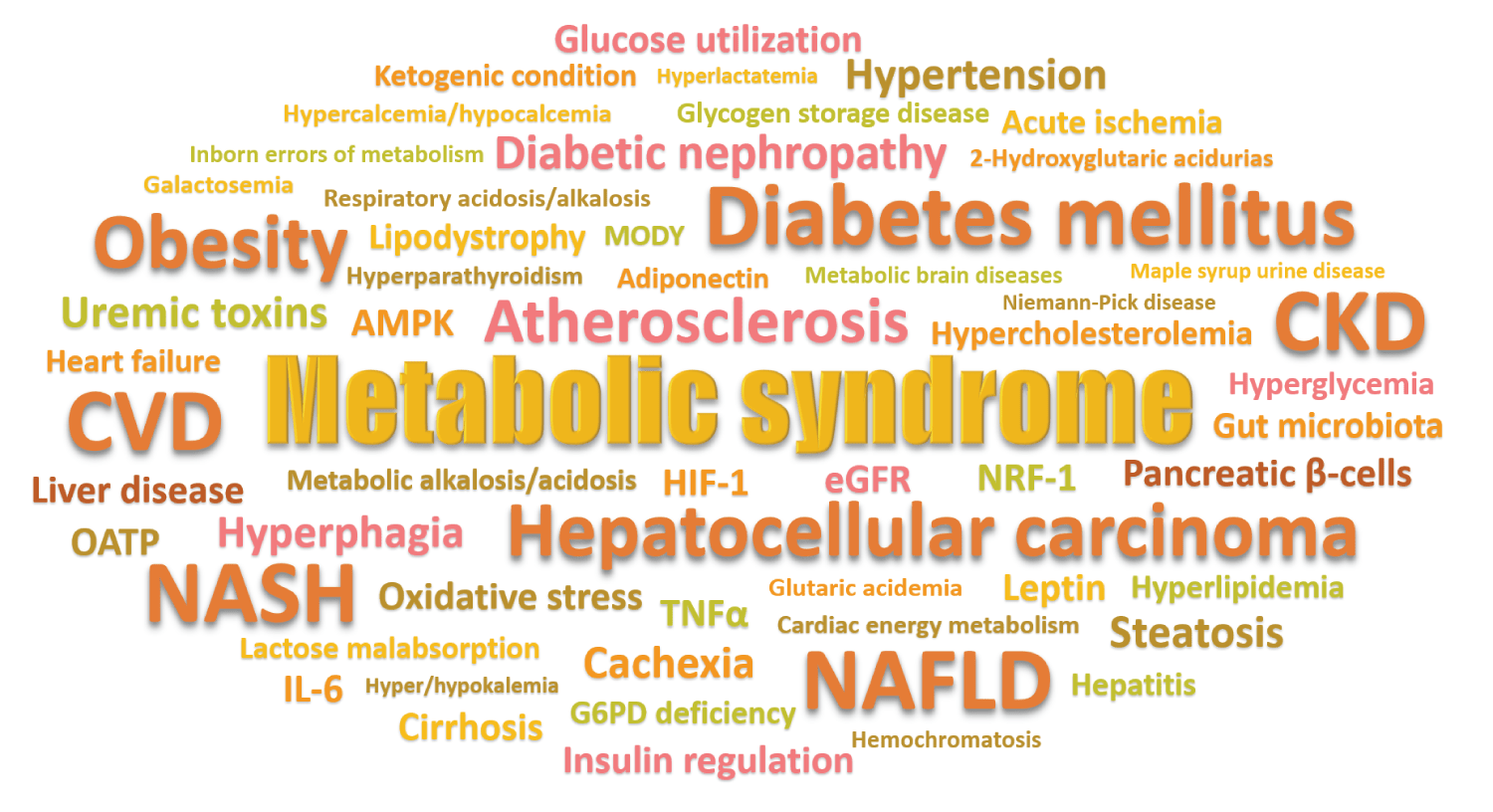
Resources 
The following is a growing library of reference material including book reviews and articles that I am offering to my followers. If you would like to share a book review of your own or an article that you feel would compliment what this website offers, CONTACT ME.
![]()
Videos
Ivermectin and Cancer
In the following video, Dr. John Campbell gives an overview of how Ivermectin works on cancer cells, based on a research paper...
Article: Here is where you can view the research paper on Ivermectin, published by the National Library of Medicine:
https://pmc.ncbi.nlm.nih.gov/articles/PMC7505114/
Article: Ivermection Supresses Tumor Growth
https://pmc.ncbi.nlm.nih.gov/articles/PMC7205794/
Article: Ivermectin converts cold tumors hot and synergizes with immune checkpoint blockade for treatment of breast cancer
https://www.nature.com/articles/s41523-021-00229-5
Article: Here is where you can view the full interview with Dr. Kathleen Ruddy on Ivermectin
Article: Is there a best Ivermectin dosage for cancers
https://www.brightworkresearch.com/is-there-a-best-ivermectin-dosage-for-cancer-or-cancer-types/
Article: Ivermectin Dosage
www.drugs.com/dosage/ivermectin.html
Video reviews
![]() • h360 HealthTalk: Dr. Sophie Bartsich ...
• h360 HealthTalk: Dr. Sophie Bartsich ...
![]() • Ivermectin as a ‘Powerful Drug’ for F...
• Ivermectin as a ‘Powerful Drug’ for F...
![]() • Is THIS Why They Want Ivermectin Bann...
• Is THIS Why They Want Ivermectin Bann...
How to Increase Oxygen to Blood Cells
The following is an article found on the website — Self Help Nirvana — outlining the various ways to test blood oxygen levels, what they mean and how to get more oxygen into your blood stream.
The Bohr Effect — The Secret to Increasing More OXYGEN in Your Cells
April 23, 2023 – The Bohr effect is our body's clever mechanism for ensuring oxygen gets offloaded precisely where it's needed most. It’s based on this simple yet vital principle: when CO2 levels rise, hemoglobin changes shape slightly, which lets go of its bound oxygen. Increasing oxygen in your cells could potentially help with various conditions, from anxiety to respiratory problems. Learn how to do it!
Poor breathing can decrease oxygen levels and even change your body's pH. Learn a simple breathing technique that can increase blood oxygen levels. Watch this demonstration now!
Note, that low oxygen levels is related to metabolic disease and onset diabetes, chronic illness and cancer.
Cancer as a Metabolic Disease
I was watching a recent Joe Rogan podcast where he was interviewing a person who had a background in pharmaceuticals, nutrition, diet, obesity, diabetes and food. There was a segment in the talk where they discussed metabolic disease and its relationship to cancer and early onset diabetes in young adults. This sparked my curiosity and once again I went down that rabbit hole of research and investigation into — what is metabolic disease? — how is metabolic disease related to cancer and other chronic illness? The following are links to some of my findings?
 In oncology, the Warburg effect is the observation that most cancer use aerobic glycolysis for energy generation rather than the mechanisms used by non-cancerous cells. This observation was first published by Otto Heinrich Warburg, who was awarded the 1931 Nobel Prize in Physiology for his "discovery of the nature and mode of action of the respiratory enzyme". Wikipedia
In oncology, the Warburg effect is the observation that most cancer use aerobic glycolysis for energy generation rather than the mechanisms used by non-cancerous cells. This observation was first published by Otto Heinrich Warburg, who was awarded the 1931 Nobel Prize in Physiology for his "discovery of the nature and mode of action of the respiratory enzyme". Wikipedia
Encyclopedia Britannica: metabolic disease; pathology
PubMed: Abstract - Is Cancer a Metabolic Disease?
PubMed: Abstract - Cancer as a metabolic disease
PubMed: Abstract - Cancer as a Metabolic Disorder
National Library of Medicine: Glucose Metabolism in Cancer: The Warburg Effect and Beyond
Sep 3, 2024 The Hungry for Change Podcast
Think cancer is unbeatable? Think again. Meet Professor Thomas Seyfried, the biologist who's rewriting the rules with groundbreaking metabolic therapies. With a Ph.D. from the University of Illinois and postdoctoral research at Yale, Professor Seyfried is leading a revolution in how we fight diseases like cancer and epilepsy through diets like keto. At Boston College, he’s not just teaching— he’s challenging everything we thought we knew about these diseases. Author of 'Cancer as a Metabolic Disease,' his work is flipping the script on conventional medicine. Ready to uncover the truth about beating cancer? Watch now!
Dec 28, 2020
You can watch Dr. Thomas Seyfried's full interview for free by signing up here: https://mailchi.mp/metabolichealthsum... Dr. Thomas Seyfried is a Cancer Biology Researcher, Boston College Professor, and Author of the book "Cancer as a Metabolic Disease." In this clip, Dr. Seyfried walks us through the history of cancer as a metabolic disease. The story began in the early 1990s when a scientist named Otto Warburg defined the nature of cancer as a disease of mitochondrial function and energy metabolism. Dr. Seyfried and colleagues expanded on this concept by discovering that cancer cells could also thrive by using the amino acid glutamine as fuel, an important missing link in Warburg's central argument, according to Dr. Seyfried. In the full video, Dr. Seyfried eloquently explains how we think that ketogenic metabolic therapies work in cancer, including how they are being studied for the potential ability to sensitize cancer cells to the standard of care treatments. He also describes the complementary role of hyperbaric oxygen therapy (HBOT) and ketogenic therapies in cancer treatment research. Lastly, Dr. Seyfried describes the experiments that support Warburg's concept, and his evolving understanding of this complex disease. He also discusses the history of cancer as a genetic disease, why he introduced the "Glucose-Ketone Index" as a novel potential tool to monitor ketogenic treatments, and so much more. Watch now!

How To Follow An Anti-Cancer Diet
After being diagnosed with stage 3 colon cancer, Chris strictly followed an anti-cancer diet and shares his tips on how to follow a diet of natural cancer fighting foods, an essential diet for cancer patients. http:// www.chrisbeatcancer.com
Kendra asks, "I am 30 years old with 3 children and I was diagnosed with colon cancer in March of this year. I haven't done any chemo. I was supposed to be on the diet that you did but I let the temptations of all the foods I used to eat get to me and I gave in. So of course the cancer has spread. It's so hard to completely change eating habits especially when one loves food as much as I do. What do you eat on your salads if anything? Is it okay to eat something I enjoy every now and then?"
Source: www.chrisbeatcancer.com
Ty Bollinger and Dr. Hossami discuss Cancer Treatments
Ty, the producer of the documentary ‘The Truth About Cancer’, visited one of the Verita clinics to discuss the integrative cancer treatments available at Verita Life. In this video, Ty also spoke with one of our cancer patients and her daughter to get a first hand insight into the overall treatment experience provided by Verita Life. Dr. Hossami is one of the senior oncologists at Vertia.
How Does Vitamin C Fight Cancer
Dr. Hossami and Rowena discuss the differences between an oral dose of vitamin C and a therapeutic dose of vitamin C taken intravenously. Dr. Hossami describes the details of how vitamin C is used to weaken cancer at Verita Life.
Fix Your Diet & Lifestyle to Starve Cancer
The Shocking Truth About Cancer: Fix Your Diet & Lifestyle To Starve It For Longevity | Thomas Seyfried
Dr Rangan Chatterjee interviews Dr. Thomas Seyfried
2,197,168 views Sep 20, 2023 Fix Your Life
Download Dr. Chatterjee's FREE Nutrition Guide HERE: https://bit.ly/3Jeg9yL
When I started medical school in 1995, we were taught that one in four people were likely to develop cancer in their lifetime. Today, that statistic has changed to one in two – a rapid rise that can’t be explained by genetics. But if our modern diet and lifestyles are the cause, we have more control than we might think. That’s the message my guest, Professor Thomas Seyfried, has worked tirelessly to prove and communicate over his four decades as a cancer researcher. Professor Seyfried is a professor of biology, genetics and biochemistry at Boston College, Massachusetts, and author of more than 150 peer-reviewed publications, as well as the 2012 book Cancer As A Metabolic Disease. Through his research, and in this conversation, he sets out to explain how it’s a malfunction in our mitochondria – the energy powerhouses in each of our cells – that’s at the root of every cancer he’s studied.
Normal-functioning mitochondria, he explains, use oxygen to make energy. In cancer, this process is disrupted. Cancer cells cannot use oxygen, so they fall back on a primitive form of energy creation known as fermentation. It follows then, explains Professor Seyfried, that if we can somehow stop this fermentation process, then cancer cells will die.
Cancer uses glucose and glutamine to fuel fermentation. While we don’t want to block glutamine, as it has other uses in the body, we can drastically lower our glucose levels to stop driving cancer growth. We discuss some of the ways in which we can start doing this – for example, using specific low-carb diets and nutritional ketosis. Professor Seyfried also talks us through his ground-breaking ‘metabolic therapy’ protocols for treating cancer – sometimes, alongside conventional treatments like chemotherapy and radiotherapy.
Professor Seyfried has spent decades researching and proving a metabolic cause for this devastating disease. This a compelling and optimistic conversation, packed with actions we can all take to reduce our risk not just of cancer, but all the chronic conditions driven by metabolic disruption.
CAUTION: This podcast discusses ketogenic diets and water-only fasting. Always consult a qualified healthcare practitioner before making any drastic changes to your diet or before going for prolonged periods without eating.